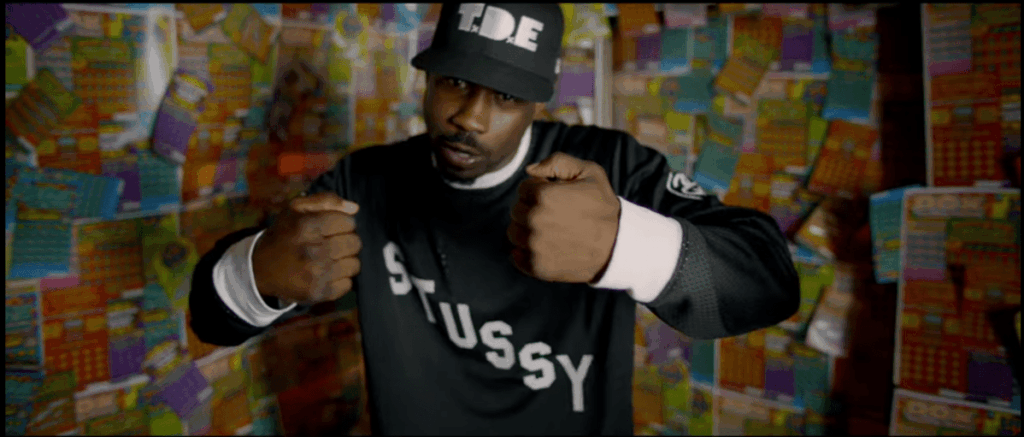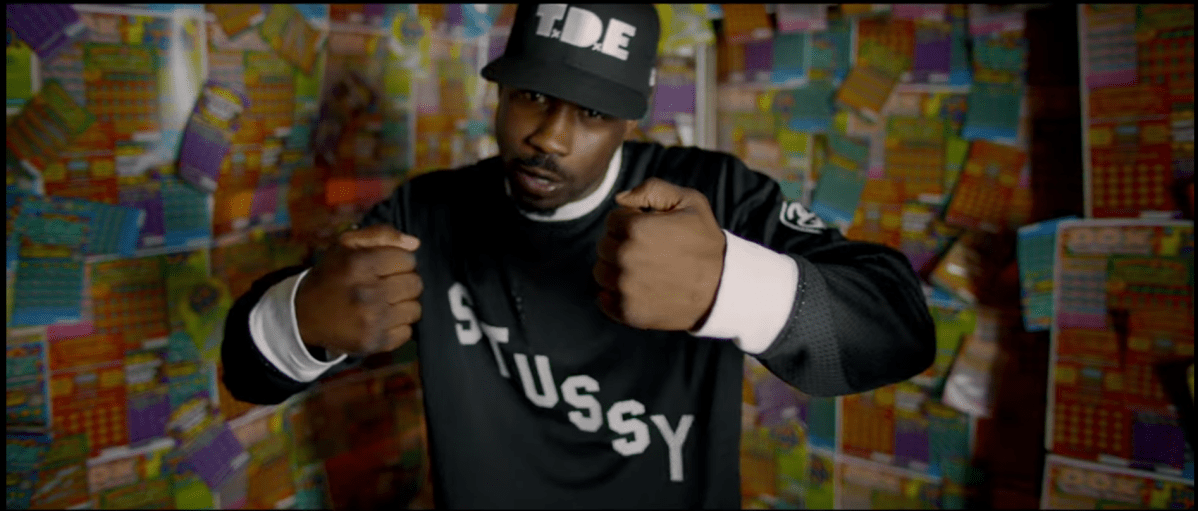
Famous Rappers and the Bloods: Examining the Connection
The intersection of hip-hop culture and gang affiliation, particularly with the Bloods, has been a topic of considerable discussion and scrutiny. While not all rappers associated with the Bloods are active members or endorse criminal activity, the connection provides a complex lens through which to view their music, influence, and personal narratives. This article delves into the backgrounds of some famous rappers known to have ties to the Bloods, exploring the nuances of their involvement and the impact it has on their careers and public perception.
Understanding the Bloods Gang
The Bloods are a predominantly African-American street gang founded in Los Angeles, California, in the early 1970s. Formed as a counterforce to the Crips, another prominent gang, the Bloods are known for their red color affiliation and complex internal structure. Their activities have historically included drug trafficking, robbery, and violence. Understanding this context is crucial when examining the relationship between famous rappers and the Bloods.
Notable Rappers with Alleged or Confirmed Bloods Affiliations
Suge Knight
Marion “Suge” Knight, the co-founder of Death Row Records, is perhaps one of the most well-known figures linking the music industry to the Bloods. His imposing presence and alleged ties to the Mob Piru Bloods were integral to Death Row’s image and influence during the 1990s. Knight’s involvement with the Bloods was often perceived as a source of intimidation and power, contributing to the label’s success but also its eventual downfall. His actions and associations have significantly shaped the narrative surrounding famous rappers and gang affiliations.
The Game
Jayceon Terrell Taylor, better known as The Game, is another prominent rapper often associated with the Bloods. Hailing from Compton, California, The Game has openly acknowledged his affiliation with the Cedar Block Piru gang. His music often reflects his experiences growing up in a gang-affiliated environment, and he has used his platform to advocate for peace and unity within the community. While his Bloods affiliation is well-documented, The Game has also emphasized his efforts to transcend gang violence and promote positive change. He is one of the famous rappers who has navigated the complex relationship between gang life and mainstream success.
YG
Keenon Daequan Ray Jackson, known as YG, is a rapper from Compton who has also been linked to the Bloods. His music often depicts the realities of gang life in Southern California, and he has spoken about his experiences growing up in a Bloods-affiliated neighborhood. YG’s career showcases how famous rappers can draw inspiration from their surroundings while also facing scrutiny for their associations. His involvement highlights the ongoing presence of gang culture within certain segments of the hip-hop community.
Blueface
Johnathan Jamall Porter, known professionally as Blueface, has also been associated with the Bloods. While his music often focuses on more lighthearted themes, his public persona has sometimes reflected aspects of gang culture. The connection of famous rappers like Blueface to the Bloods illustrates how gang affiliation can extend beyond lyrical content and into the realm of image and branding. His case demonstrates the varying degrees of involvement and representation within the hip-hop landscape.
The Impact of Gang Affiliations on a Rapper’s Career
The association with gangs like the Bloods can have a multifaceted impact on a rapper’s career. On one hand, it can enhance their street credibility and authenticity, particularly in certain subgenres of hip-hop. This authenticity can resonate with audiences who value raw and unfiltered portrayals of urban life. On the other hand, it can lead to negative consequences, including increased scrutiny from law enforcement, difficulty securing endorsements and partnerships, and potential safety risks. The relationship between famous rappers and the Bloods is a double-edged sword, offering both opportunities and challenges.
Controversies and Criticisms
The connection between famous rappers and the Bloods has often been met with controversy and criticism. Some critics argue that it glorifies gang violence and perpetuates negative stereotypes. Others contend that it is a reflection of the artists’ lived experiences and should be viewed within that context. The debate surrounding this issue underscores the complex ethical considerations involved in representing gang culture in popular music. It is important to acknowledge the potential harm that can result from glamorizing gang life while also recognizing the importance of artistic expression and storytelling.
The Role of Record Labels
Record labels also play a significant role in shaping the narrative surrounding famous rappers and gang affiliations. In some cases, labels may actively promote an artist’s gang ties to enhance their image and marketability. In other cases, they may attempt to distance themselves from such associations to avoid negative publicity. The decisions made by record labels can have a profound impact on how these artists are perceived by the public and the opportunities available to them. The dynamic between famous rappers, the Bloods, and the music industry is a complex interplay of commerce, culture, and personal identity.
Moving Beyond Stereotypes
It is crucial to move beyond simplistic stereotypes when examining the connection between famous rappers and the Bloods. Not all rappers with gang affiliations are violent criminals, and not all portrayals of gang life are endorsements of criminal activity. Many of these artists are complex individuals who have navigated challenging circumstances and used their music to express their experiences and perspectives. By approaching this topic with nuance and sensitivity, we can gain a deeper understanding of the social and cultural forces that shape their lives and work.
The Future of Hip-Hop and Gang Culture
The relationship between hip-hop and gang culture is likely to continue evolving in the years to come. As the music industry changes and as societal attitudes shift, the way in which these connections are represented and perceived will also change. It is essential to foster open and honest conversations about the complexities of this issue, promoting responsible storytelling and challenging harmful stereotypes. The involvement of famous rappers with groups like the Bloods will remain a topic of discussion as long as these elements are present within the artists’ realities and artistic expression.
Ultimately, understanding the link between famous rappers and the Bloods requires a nuanced approach. It involves acknowledging the historical context, recognizing the complexities of individual experiences, and engaging in critical reflection on the social and cultural implications. By doing so, we can gain a more comprehensive understanding of this multifaceted phenomenon and its impact on both the music industry and the wider community. [See also: Gangsta Rap Origins] [See also: Hip Hop and Social Justice]

